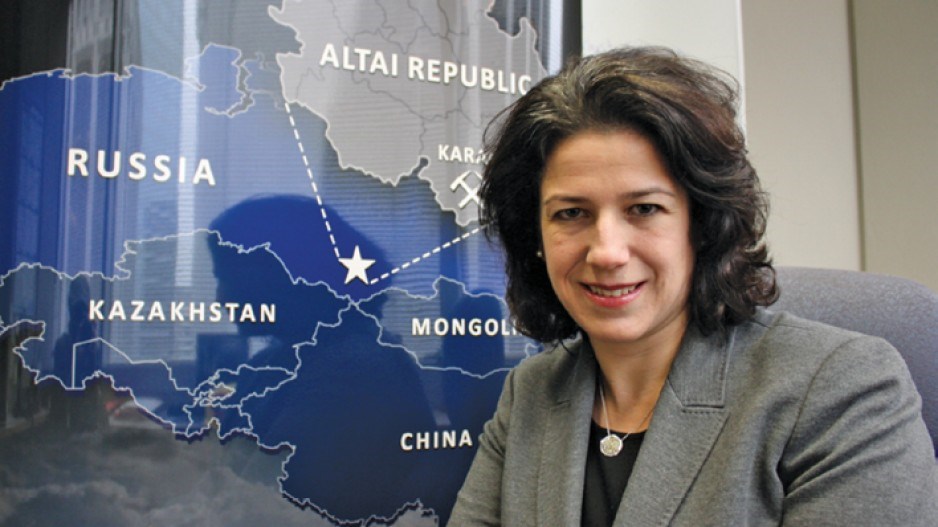BC businesses with close ties to Russia are counting on the Canadian government to use precision when sanctioning the Kremlin in response to Russian troop movements in Ukraine’s Crimean Peninsula.
Mining and mineral exploration are among the biggest sectors connecting B.C. and Russia, according to the Canada Eurasia Russia Business Association (CERBA).
Erin Chutter, chairwoman of CERBA’s Vancouver chapter, said Canada and other western governments are being “very surgical” in their approach to sanctions.
“They’re targeting government officials, key government leaders,” Chutter said.
Prime Minister Stephen Harper met with his G7 counterparts on March 24 in The Hague, where the political leaders condemned Moscow’s efforts to annex Crimea.
The G7 nations suspended their own participation in the G8, which includes the Russian Federation.
“Within the context of Canadian foreign policy, we will do what we can to maximize the commercial opportunities for our firms. But we will not shape our foreign policy to commercial interests,” Harper said at a meeting with Dutch business leaders prior to the G7 meeting.
“Business people have to be aware there may be risks to them, and the government will take those risks because, at those points in time, the government’s foreign and security priorities become paramount.”
Russia took action against Ottawa the same day and placed a travel ban on 13 Canadian politicians and officials.
Chutter is also president of Vancouver-based Global Cobalt Corp. (TSX-V:GCO), which has cobalt exploration projects operating in both Canada and Russia.
“Russia has not retaliated in a way that is impacting our operations or operations of our (CERBA) members,” she said. “It is a challenging situation, but at this point it’s just going to unfold over the next month to two months, and we’ll see.”
Chutter said CERBA represents “a mixed bag” of Russian-Canadian industries on the West Coast with interests in architecture, business services and agriculture. CERBA does not have dollar figures on how much B.C.-Russia trade amounts to.
However, it estimates bilateral trade between Canada and Russia to be worth $3 billion annually and $5 billion in investments.
“If it gets to the point where there’s difficulty travelling or difficulty moving currency back and forth, then that’s going to start to have an impact very quickly on our members,” Chutter said.
“But at this point, we’re not hearing that from either the Canadian side or the Russian government official that we’ve spoken with.”
On March 25, British Prime Minister David Cameron told reporters at the G7 meeting the Ukraine crisis should be a “wake-up” call for European countries that rely on Russia for gas.
The U.K.’s minister of state for trade and investment, who was in Vancouver for the Globe Conference March 26 to 28, said Britain gets just a fraction of its energy from Russia but he’s very much open to looking at liquefied natural gas products from Canada.
“Energy security is very important, and therefore a partner that you can rely on, acting with stability and acting within the norms of international rules, is important. I think Canada clearly is that,” Lord Ian Livingston told Business in Vancouver.




